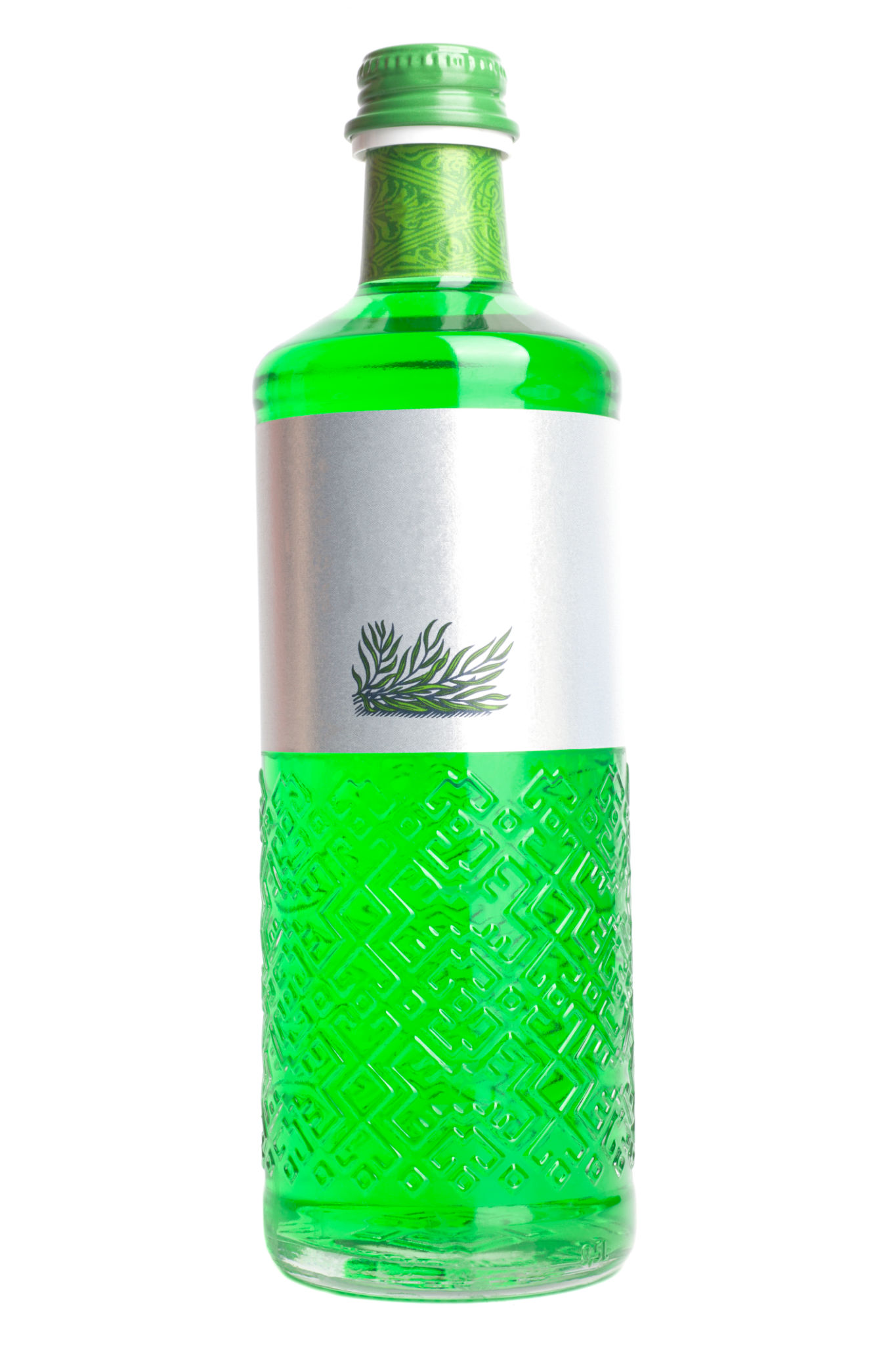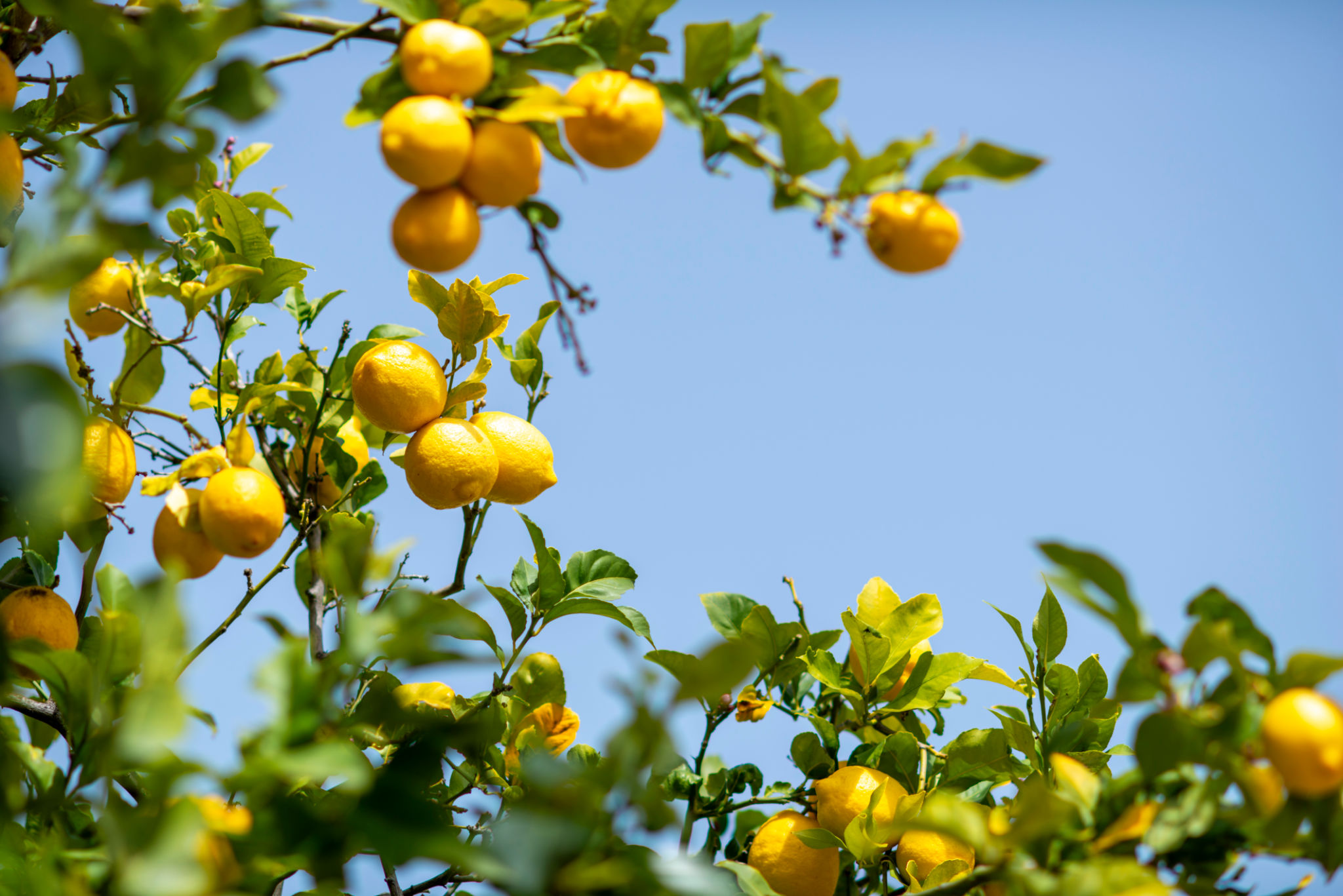Busting Lemonade Myths: What You Didn't Know About Your Favorite Drink
The Origins of Lemonade
Lemonade might seem like a simple drink, but its history is as rich and complex as its flavor. This refreshing beverage can be traced back to ancient Egypt, where it was made with lemons and dates. Interestingly, the lemonade we know today didn't appear until much later, in the 17th century, when it became popular in Paris. French vendors served it from tanks strapped to their backs, making it one of the first portable beverages.

What’s Really in Your Lemonade?
When we think of lemonade, we often imagine a simple blend of lemon juice, water, and sugar. However, commercially-produced lemonade can contain a variety of other ingredients. Preservatives, artificial flavors, and added sugars are common in many store-bought options. It's important to read labels if you're looking for a more natural choice.
If you're making lemonade at home, consider using fresh ingredients. Opt for organic lemons and natural sweeteners like honey or agave syrup to keep it wholesome and refreshing.
Debunking Health Myths
Lemonade is often touted as a healthy drink, but it's essential to separate fact from fiction. While lemons are rich in vitamin C and antioxidants, the sugar content in lemonade can offset these benefits. A homemade version with minimal sugar can be a good source of hydration and nutrients, but be cautious of excessive sugar intake, especially in pre-packaged varieties.

Lemonade's Global Variations
Lemonade isn't just an American staple. Around the world, this beloved drink takes on many forms. In India, for example, "nimbu pani" includes spices such as cumin and chaat masala for a tangy twist. Meanwhile, in the UK and Australia, "lemonade" often refers to a carbonated lemon-flavored drink.
- India: Nimbu Pani with spices
- UK & Australia: Carbonated lemon drink
- Middle East: Mint-infused lemonade
The Environmental Impact of Lemons
The production of lemons has a significant environmental impact due to factors like water usage and pesticide application. As consumers become more eco-conscious, there's a growing interest in sustainable farming practices. Choosing organically grown lemons not only supports the environment but also ensures a healthier product.

DIY Lemonade: A Personal Touch
If you love lemonade but want to avoid the additives found in store-bought versions, making your own is an excellent alternative. Start with freshly squeezed lemon juice and experiment with different sweeteners and flavors. Adding herbs like mint or basil can give your homemade lemonade a unique twist.
- Squeeze fresh lemons for juice
- Add natural sweeteners
- Incorporate herbs for flavor
The Future of Lemonade
Lemonade continues to evolve as consumers seek healthier and more sustainable options. Innovations such as low-sugar recipes and eco-friendly packaging are becoming more common. By making informed choices, you can enjoy this timeless beverage while supporting a more sustainable future.
Whether enjoyed on a hot summer day or as a refreshing treat year-round, lemonade is more than just a drink; it's a cultural icon with a fascinating history and an exciting future.